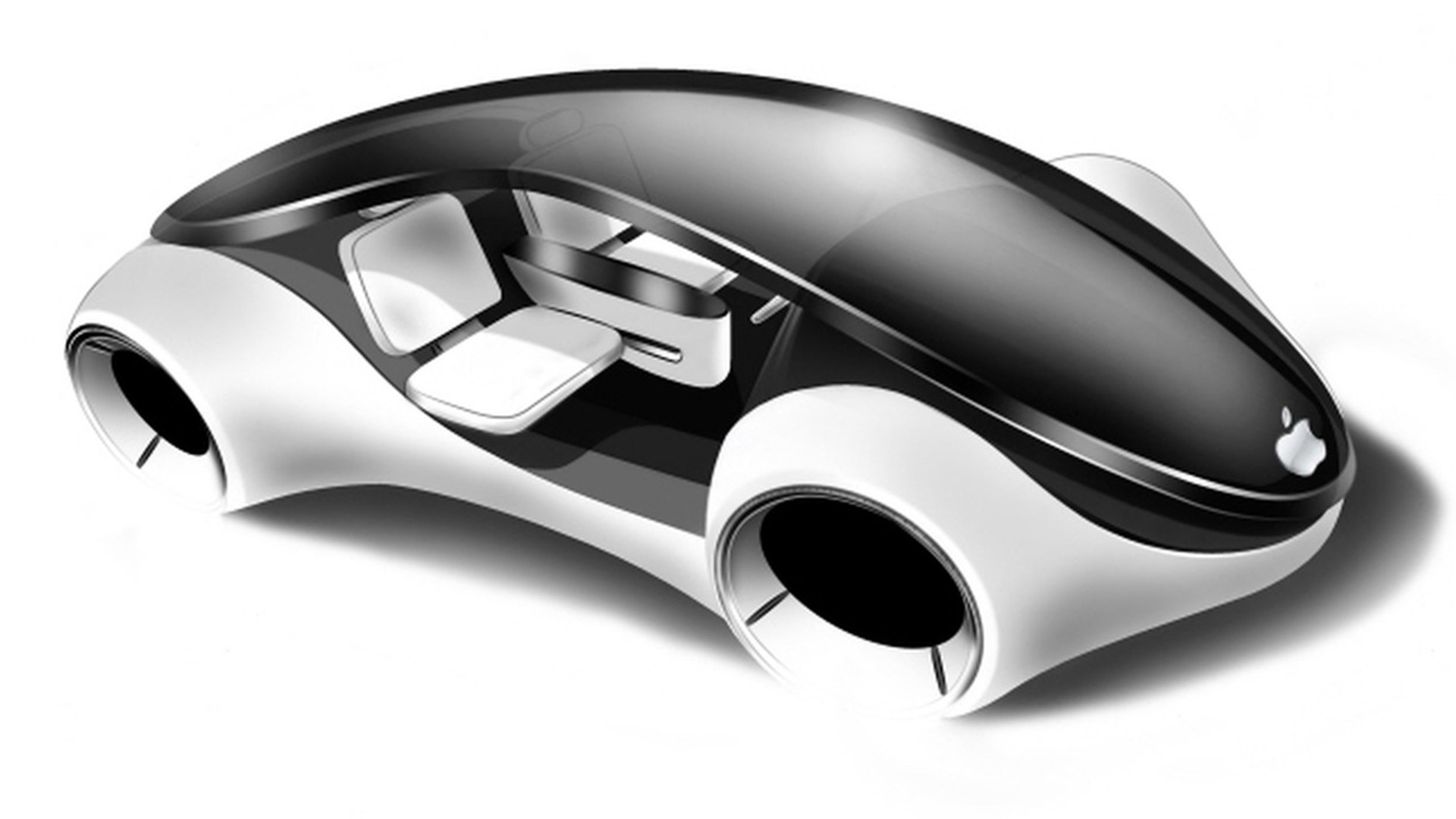Apple is moving forward with self-driving vehicle technology and is targeting 2024 to produce a passenger vehicle that could include its own battery technology, people knowledgeable with the matter informed Reuters.
The iPhone maker’s automotive efforts, referred to as Project Titan, have proceeded unevenly since 2014 when it first started to design its own automobile from scratch. At one point, Apple scaled back the attempts to focus on software and reassessed its goals. Doug Field, an Apple veteran who had worked at Tesla, returned to supervise the project in 2018 and laid off 190 people from the team in 2019.
Since then, Apple has progressed enough that it now intends to build a vehicle for costumers, two people knowledgeable with the effort said, asking not to be named as Apple’s plans are not public. The company’s aim to build a personal vehicle for the mass market contrasts with competitors such as Alphabet’s Waymo, which has built robotaxis to carry passengers for a driverless ride-hailing service.
Central to Apple’s strategy is the latest battery design that could “radically” decrease the cost of batteries and boost the vehicle’s range, according to a third person who has observed Apple’s battery design.
Apple refused to comment on its plans or future products.
Making a vehicle represents a supply chain challenge even for Apple, a company that makes hundreds of millions of electronics products annually with components from around the world, but has never made a car. It took Elon Musk’s Tesla 17 years before it finally turned sustained profit-making vehicles.
“If there is one company in the world that has the resources to do that, it’s probably Apple. But at the same time, it’s not a cellphone,” said a person who has worked on Project Titan.
It is not clear that who would assemble an Apple-branded car, but sources have said they expect the company to depend on a manufacturing partner for building vehicles. And there is still a chance Apple will decide to decrease the scope of its efforts to an autonomous driving system that would be integrated with a car made by a traditional automaker.
Two people aware of Apple’s plans warned coronavirus-related delays could push the start of production into 2025 or after.
Apple has decided to tap outside partners for the parts of the system, including “lidar” sensors, which help self-driving cars get a three-dimensional view of the road, two people knowledgeable with the company’s plans said.
Some sensors could be derived from Apple’s internally developed lidar units, one person said. Apple’s iPhone 12 Pro and iPad Pro models released this year both having lidar sensors.
As for the car’s battery, Apple prepares to use a unique “monocell” design that bulks up the individual cells in the battery and frees up space in the battery pack, one of the people said. That design means more active material can be packed inside the battery, giving the vehicle a possibly longer range.
Apple is also observing chemistry for the battery called LFP, or lithium iron phosphate, the person said, which is inherently less likely to overheat and as such is safer than other types of lithium-ion batteries.
‘“It’s next level,” the person about Apple’s battery technology. “Like the first time, you saw the iPhone.”


